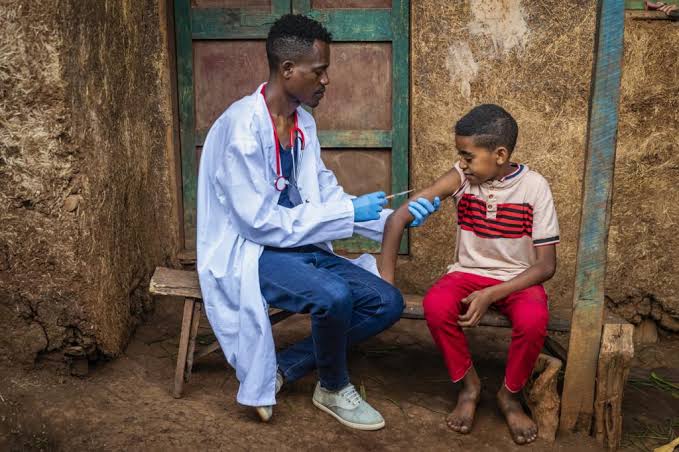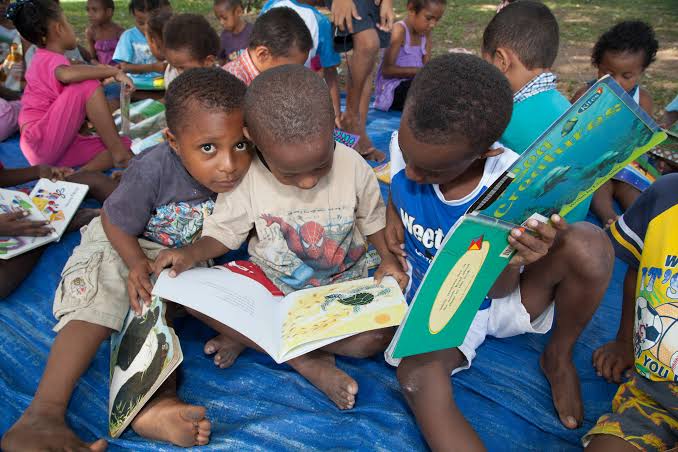
Faith Nyasuguta
A pressing issue highlighted by the head of the Africa Centers for Disease Control and Prevention (Africa CDC) illuminates the dire shortage of healthcare workers in Africa, exacerbating the impact of recurring public health crises on the continent.
Jean Kaseya, the director-general of Africa CDC, conveyed this concern at the ongoing Africa Health Workforce Investment Forum in Windhoek, Namibia.
Despite accounting for roughly 24 percent of the global disease burden, Sub-Saharan Africa suffers from a severe scarcity of health workers, constituting only 3 percent of the global health workforce.
The year 2023 alone witnessed 166 disease outbreaks across Africa, a trend anticipated to persist into 2024, as forecasted by the Africa CDC. This scarcity is projected to worsen, with the shortage of health workers in Africa estimated to reach approximately 6.1 million by 2030.

Kaseya called upon African nations to unite in fulfilling the 2017 African Union mandate, aiming to swiftly recruit, train, and deploy 2 million community health workers by 2030.
In addition to internal challenges, Africa grapples with external factors exacerbating its healthcare woes. The recruitment of nurses from African nations by wealthier countries like the UK has stirred controversy, with accusations of perpetuating a “new form of colonialism.”
The International Council of Nurses has condemned this practice, emphasizing its detrimental effects on the fragile healthcare systems of developing countries. Howard Catton, the council’s chief executive, highlighted the exploitation of Africa’s nursing workforce by high-income countries, which creates dependencies and impedes the development of local health systems.
Despite regulations set by the World Health Organization to prevent the poaching of staff from vulnerable health systems, recruitment from nations on the WHO “red list” often occurs without formal agreements, providing only a superficial semblance of ethical responsibility.
Dr. Baboucarr Cham, president of the National Association of Gambia Nurses and Midwives, underscored the adverse consequences of this phenomenon on healthcare in the Gambia.
Experienced nurses leaving for better prospects abroad have resulted in severe staff shortages, compromising patient care and posing significant challenges in healthcare delivery.
Recruiters specifically target experienced nurses, exacerbating the strain on the remaining workforce, leading to fatigue and diminished quality of care.

The dire situation in Africa’s healthcare sector necessitates urgent action to address the shortage of health workers and curb the exploitation of the continent’s healthcare professionals by wealthier nations.
RELATED:




